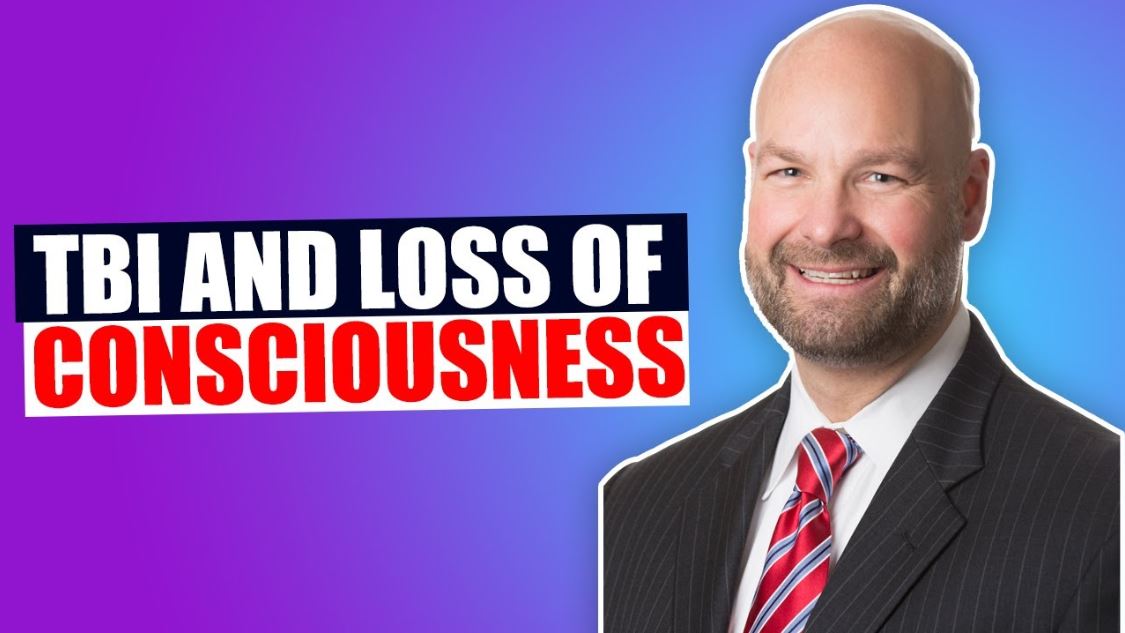I’m Tony Baratta. Today, I’d like to talk about the relationship between brain injury and loss of consciousness. Traumatic brain injury is a diagnosis that’s clinically based. A doctor evaluates signs, which is something that others observe, and symptoms, which is something that the TBI survivor feels, to reach a diagnosis as to whether somebody has suffered a TBI.
There’s no diagnostic test
There’s no diagnostic test that’s going to say whether somebody suffered a TBI. For example, an MRI is sensitive enough to look at the head of a pin. But there are more than 160,000,000 brain cells that would fit on the head of a pin. So a MRI is not nearly sensitive enough to determine whether there’s been any cellular damage.
So the diagnosis can only be made based on symptoms and signs. And the question is whether or not a loss of consciousness is necessary to be diagnosed with a TBI. And the answer is no.
TBI and loss of consciousness
Of course, TBIs can result in loss of consciousness, such as blacking out. And blacking out can occur for seconds. It can occur for minutes. And in a severe TBI situation, it could last for hours or days. But in the most common TBIs, there is a very brief period of loss of consciousness or no loss of consciousness at all.
Any bump or blow to the head that causes the brain to move back and forth inside the bony skull or to twist inside the skull can cause chemical changes to the brain or can cause stretching injuries to the cells of the brain.
Examples of signs
Among the things that are examples of signs, which is what other people observe about traumatic brain injury, is the ability of the person to recall events. Often, they will have what is known as loss of memory from before the event and immediately after the event.
There also could be observations of the person appearing dazed. Their speech may be slow or slurred. They may not follow directions as you would expect them to. And you may see personality changes.
Examples of symptoms
Symptoms that a brain injury person may feel include headaches, nausea, and balance issues. They may have vision changes. They may have light sensitivity or noise sensitivity. They may be confused, and they may have memory loss in general.
So these are all things that a doctor looks at to make a diagnosis of traumatic brain injury. My name is Tony Baratta, and I hope this has been helpful to you.


